Echolalia in Autism Functional and Non-Functional
If you’re here, it’s probably because you want to learn more about echolalia in autism. And I’m looking forward to helping you learn more about it, and provide you with some helpful information.
What is Echolalia?
Echolalia is where phrases and words are repeated. And while this can actually be a sign of autism, it’s important to remember that this can also be a natural process of growing up. Many people confuse echolalia with children copying you as they grow up. But, this is a natural process for language development. This is more of a sign when the repetition continues on, after those young toddle year.
Other Disorders
Echolalia can be a sign of other disorders. For example;
- Dementia
- Traumatic Brain Injury
- Schizophrenia
But it is most often associated with autism.
Echolalia is a unique form of speech, and this can actually be one of the first ways for them to use speech in order to communicate.
What Are The Reasons for Echolalia?
There are a range of reasons for why an individual may be displaying echolalia. But, some of the most common reasons are;
- Asking for things.
- Interacting with others.
- To keep a conversation going.
- Gain attention from someone.
- To protect or refuse something.
- Answer yes.
2 Forms of Echolalia
Did you know that there are 2 forms of echolalia? Many of us just assume that echolalia is just echolalia. But, actually, there is immediate echolalia and delayed echolalia.
Immediate Echolalia
This is where the individual will repeat something back to you that they have just heard. And this suits the name immediate echolalia. One example can be ‘It’s time to go to school’ and the individual may repeat ‘Time for school.’
Some autistic individuals say that immediate echolalia is a way of communicating that they heard you and they’re processing what you said. It’s also a way for them to remain involved with the conversation and to give you an answer, while also still having time to process their official answer.
Problems
As you can imagine, immediate echolalia can cause problems for many individuals. Like we discussed, immediate echolalia is where the individual is processing what you said, but they’ve repeated it back to you while they are figuring out their actual answer.
If you ask them, ‘Do you want to go swimming or play outside?” They may immediately respond with the second answer “Play outside” as part of immediate echolalia. So, you’ve taken this as their answer. But, the individual may actually want to go swimming – but they’ve replied instantly without processing and giving their full answer. Immediate echolalia is usually always focused on the last word or part of a sentence.
Delayed Echolalia
This is where an individual has memorised a catch phrase or even a paragraph. It could be part of a movie script, for example. Delayed echolalia is the repetition of these phrases after a period of time after the actual occurrence. This could be minutes, hours, month or even years later. It can pop up at any time or place. And not always in an appropriate social context.
Why Delayed Echolalia?
There are 3 possible reasons that I want to discuss with you today;
- Self-stimulatory behaviour
- Communicating their mood
- Reviewing their day
Self-Stimulatory Behaviour
Many individuals with delayed echolalia may find it satisfying. They may enjoy repeating those words or sentences. And this can be a part of self-stimulatory behaviour. And while this is great that it can provide them with satisfaction, it can also be negative too. Sometimes, it can get in the way of real-life appropriate interactions. If we experience this, we try to distract or direct the student to something more appropriate.
Communicating Their Mood
Can you remember a time where someone said something to you that made you feel really angry? Not just a little mad – but really angry. It may be ‘It’s cancelled’ regarding a train cancellation, or something that you really needed – or wanted – to access. For an individual with delayed echolalia, every time they feel angry, they may repeat that phrase ‘It’s cancelled’ because that’s what they have linked to being able to express their current mood.
Reviewing Their Day
This can be at the end of the day, when the individual is thinking back to everything that happened throughout the day. And they may start to repeat phrases that they have heard through the day – whether to them or to others. They may even be able to copy the tone of voice that was used when they were said.
Functional and Non-Functional Echolalia
For some individuals, echolalia can actually be non-functional. Because, they are repeating meaningless sound. Some adults feel like the individual is communicating effectively with meaningful language, but this isn’t always the case. They could be repeating their favourite line from a movie or cartoon. But they don’t actually know what they’re saying or what it means. However, this particular phrase, sentence or script has a calming effect for them, it makes them feel good, so they’re repeating it for that feel good factor rather than using it to communicate.
However, there’s always a positive element too. And some echolalia can be functional. Functional echolalia is really the opposite of non-functional. This is where the individual uses phrases, words and sentences that tehy have memorised in appropriate context. For example, they may repeat a sentence like ‘Got friends?’ and when they are hungry, and they want fries, they may say this. Because to them, it feels like it’s relevant and being used in context – which it is.
Which One?
You may be wondering, how can I identify if my student is using functional or non-functional echolalia? And to be honest, there’s no easy answer, it can be really tough to identify this. Sometimes, it can sound like the student is using functional, echolalia, but it may just be that they’ve memorised a phrase that sort of fits the question that you’ve asked them.
Stopping Echolalia
I always get asked if we should stop echolalia, and if so, how do we stop it? To be honest, echolalia can be a supportive tool for your students, if used in the right circumstances. We know how great functional echolalia can be, especially for language development and communication. But you may think that this means there’s no reason or need for functional, so we need to stop it. But, that’s not always the case.
Non-functional echolalia can be a great place for you to start with your student, especially if you have access to therapies like speech and language or play therapy. These therapists can help individuals use their language skills more appropriately and in the right context. And this can help it become more functional.
Did you find this blog post helpful for learning about echolalia? Do you have any further questions? If so, just leave them in the comments down below.
If you found this echolalia in autism blog post helpful, please consider sharing it with your friends and colleagues below. Don’t forget to tune into our podcast too, you can find it here.

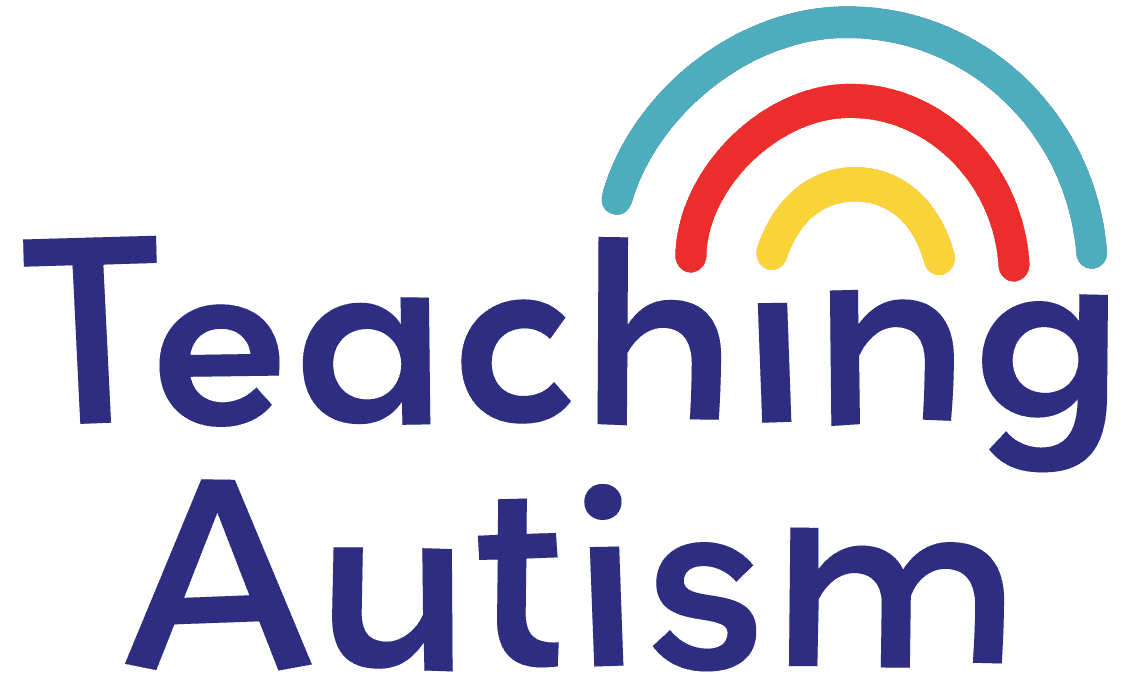



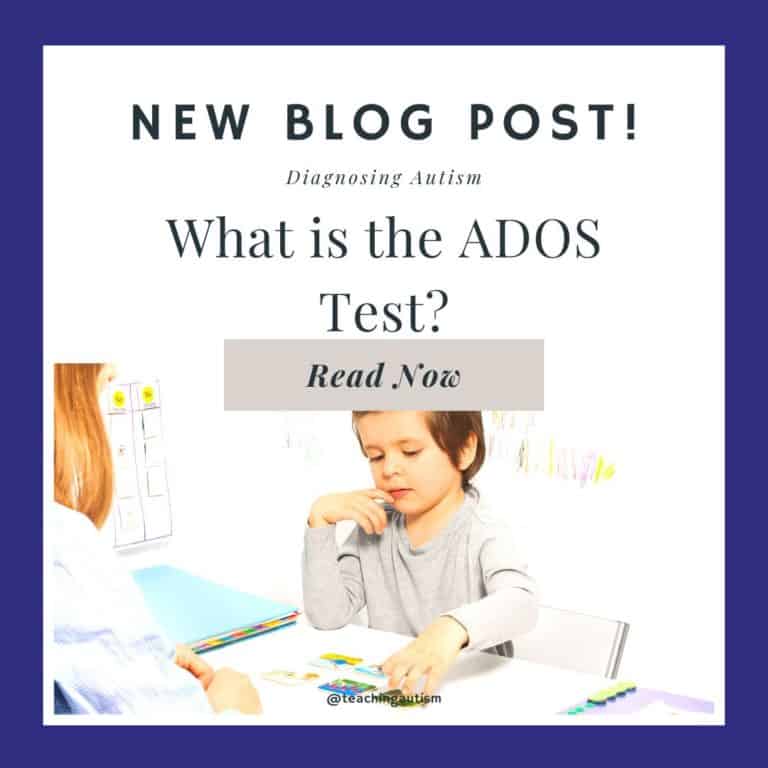
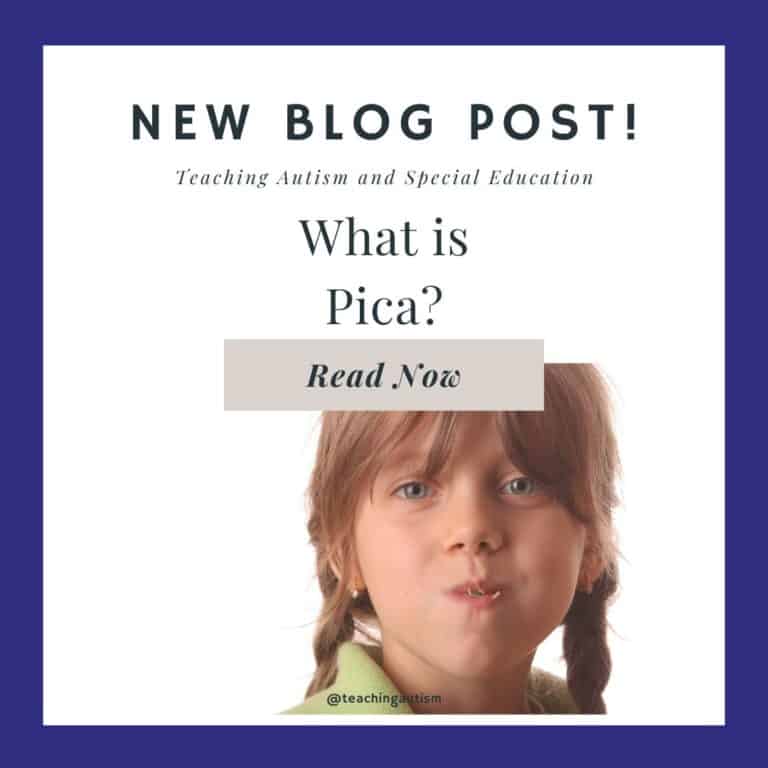
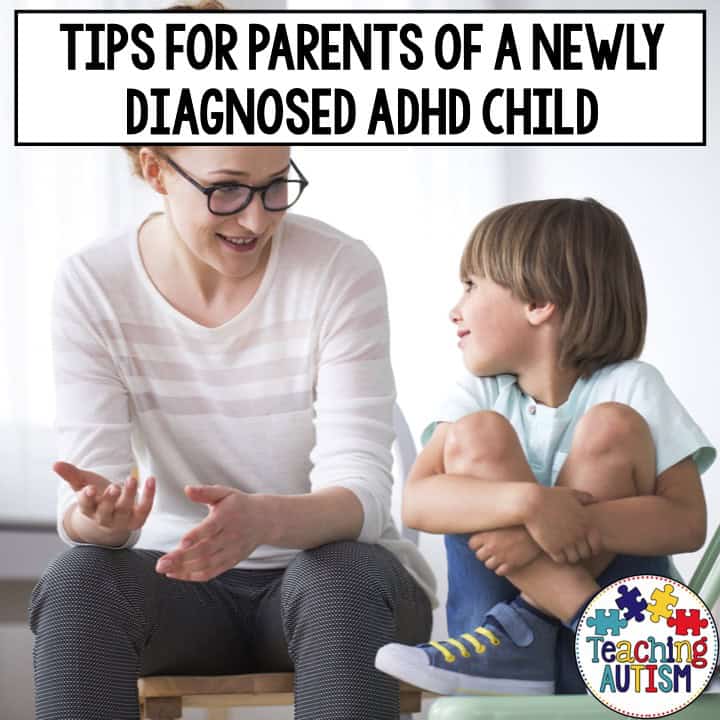
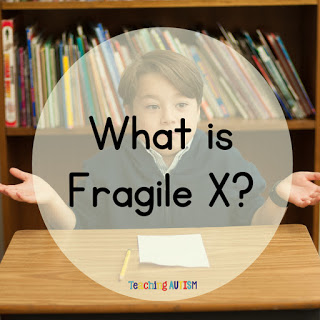
Very informative! Explains how echolalia can serve different purposes in autism.